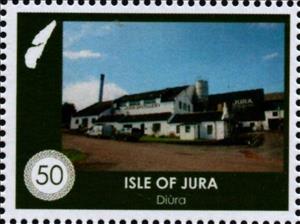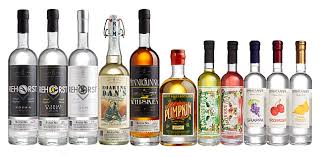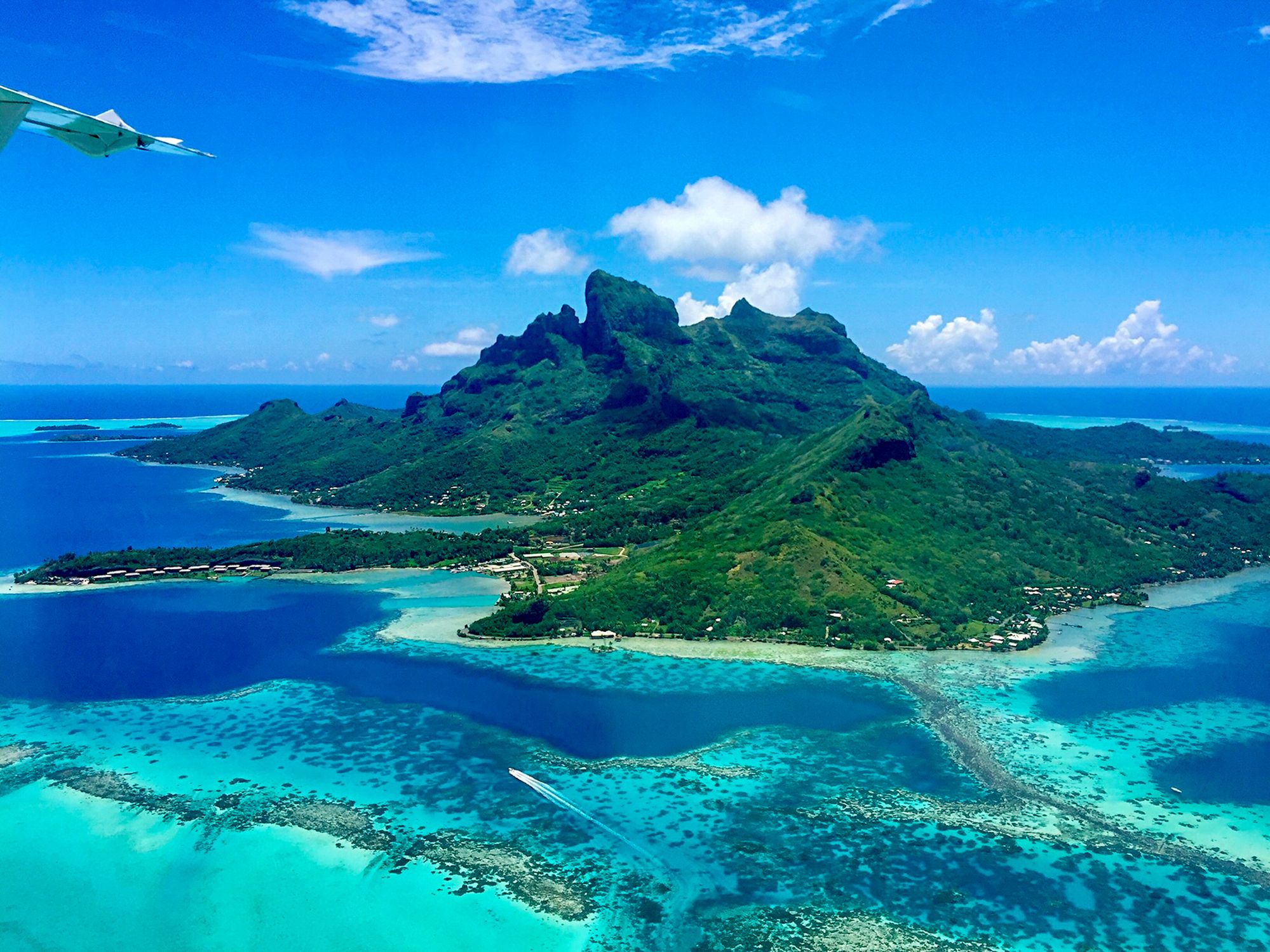Stamp: Jura distillery (Cinderellas 2020)
Jura distillery (Cinderellas 2020)
05 August (Cinderellas ) within release Isle of Jura (Scotland) goes into circulation Stamp Jura distillery face value 50 British penny
| Stamp Jura distillery in catalogues | |
|---|---|
| Colnect codes: | Col: GB-JU 2020-06 |
Stamp is horizontal format.
Isle of Jura, set of 9, most likely only ever issue.Also in the issue Isle of Jura (Scotland):
- Stamp - Inver Cottage face value 50;
- Stamp - The Paps of Jura face value 50;
- Stamp - Craighouse Parish Church face value 50;
- Stamp - The island road face value 50;
- Stamp - Craighouse village face value 50;
- Stamp - Jura distillery face value 50;
- Stamp - Craighouse beach face value 50;
- Stamp - The Small Isles face value 50;
- Stamp - Jura ferry face value 50;
Stamp Jura distillery it reflects the thematic directions:
A building or edifice is a structure with a roof and walls standing more or less permanently in one place, such as a house or factory. Buildings come in a variety of sizes, shapes and functions, and have been adapted throughout history for a wide number of factors, from building materials available, to weather conditions, to land prices, ground conditions, specific uses and aesthetic reasons. Buildings serve several needs of society – primarily as shelter from weather, security, living space, privacy, to store belongings, and to comfortably live and work. A building as a shelter represents a physical division of the human habitat (a place of comfort and safety) and the outside (a place that at times may be harsh and harmful).
Liquor (/ˈlɪkər/ LIK-ər) is an alcoholic drink produced by the distillation of grains, fruits, vegetables, or sugar that have already gone through alcoholic fermentation. Other terms for liquor include: spirit, distilled beverage, booze, spirituous liquor or hard liquor. The distillation process concentrates the liquid to increase its alcohol by volume.As liquors contain significantly more alcohol (ethanol) than other alcoholic drinks, they are considered "harder." In North America, the term hard liquor is sometimes used to distinguish distilled alcoholic drinks from non-distilled ones, whereas the term spirits is more commonly used in the UK. Some examples of liquors include vodka, rum, gin, and tequila. Liquors are often aged in barrels, such as for the production of brandy and whiskey, or are infused with flavorings to form flavored liquors, such as absinthe.
In microeconomics, an industry is a branch of an economy that produces a closely related set of raw materials, goods, or services.For example, one might refer to the wood industry or to the insurance industry.
An island or isle is a piece of land, distinct from a continent, completely surrounded by water. There are continental islands, which were formed by being split from a continent by plate tectonics, and oceanic islands, which have never been part of a continent. Oceanic islands can be formed from volcanic activity, grow into atolls from coral reefs, and form from sediment along shorelines, creating barrier islands. River islands can also form from sediment and debris in rivers. Artificial islands are those made by humans, including small rocky outcroppings built out of lagoons and large-scale land reclamation projects used for development.



